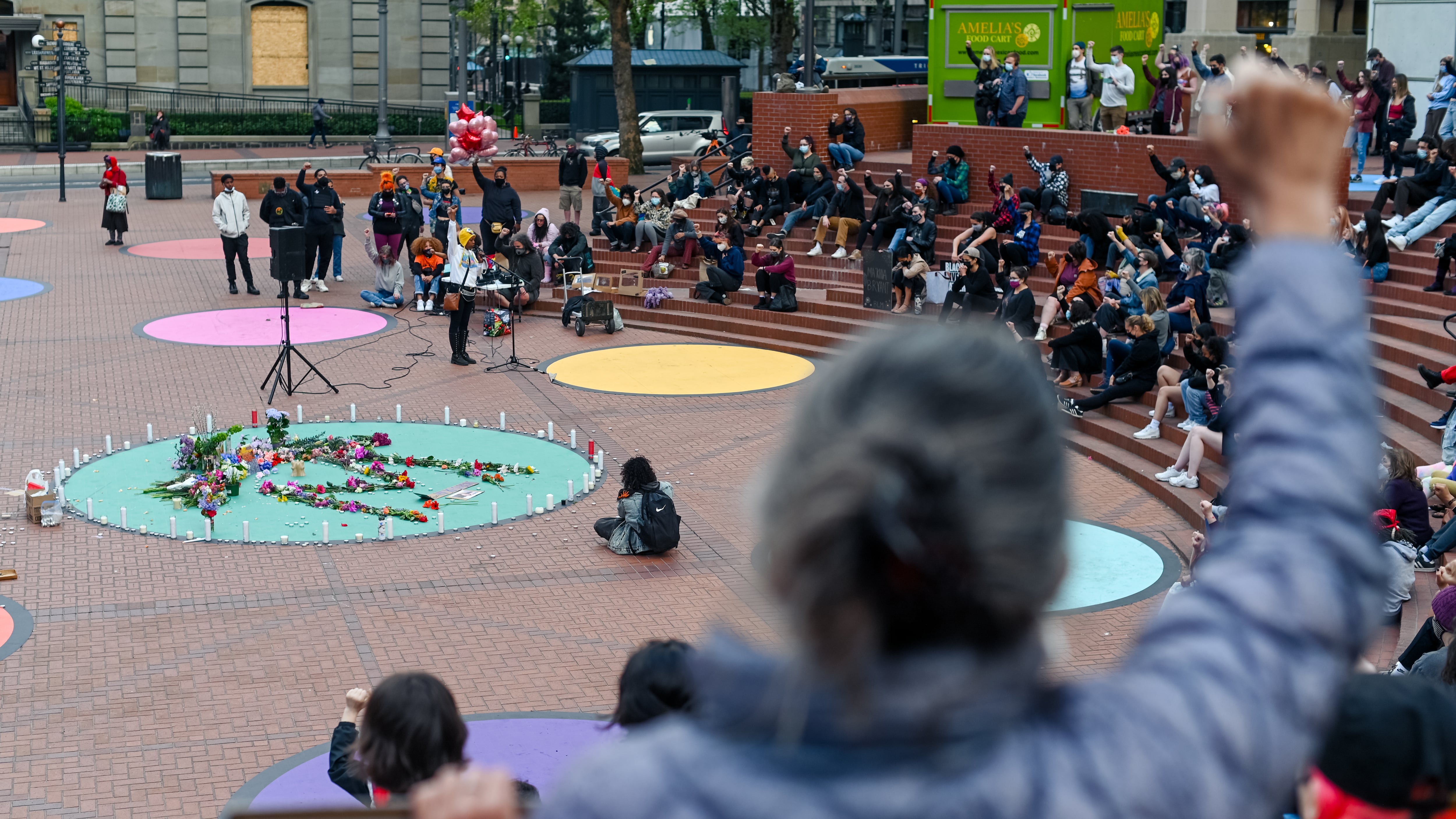Last week, WW noted that Black people are imprisoned at four times the rate of white Oregonians. In fact, Black children are criminalized starting at a young age: first in their elementary and middle schools. As they get older, they disproportionately wind up in the criminal justice system.
Data from a 2020 Juvenile Justice Information System report shows that Black youths account for 48.3% of all detention center admissions—that means they make up nearly half of all youths in such centers. By comparison, white youths account for 24.7%.
Not only are Black youths drastically overrepresented in detention centers, but they also spend the most time there: The number of Black youths who spent more than 31 days in centers was 13, while only four white youths spent that much time there.
WW previously reported on the disparate rates at which a Black middle schoolers are disciplined in Portland Public Schools—at about twice the rate of white students.
Darrell Millner, former director of Portland State University’s Black studies department, says the detention figures are yet another example of how racist laws create disparate outcomes. “Although we have ‘moved past’ a white superiority government, the impact of that kind of institutional origin is going to be felt for generations,” Millner says. “This particular percentage is just an expression of that.”
Black youth deal disproportionately with adverse childhood experiences—such as an incarcerated parent—and the added hurdle of juvenile detention only makes that worse. It affects their access to education, employment prospects, and the likelihood they will be incarcerated as adults, Millner says.
“We live in a society that judges you by your record, and if at a young age you get a record that indicates you are out of step with the expectations of society, then that’s going to follow you for the rest of your life,” he adds.
Millner used to teach history at PSU, including the history of slavery. He says the judicial system is used as a method of control and as an instrument to enforce disparities that are felt every day by people of color. He says that while the detention data is not surprising, it’s still shocking.
“If you’re a white person in America, you have the luxury of really not thinking about racial matters in your daily life unless it’s imposed upon you in some kind of traumatic experience like the death of George Floyd,” Millner says. “If you’re a Black parent, for example, every time your child walks out the door, you wonder if they will walk back in.”

